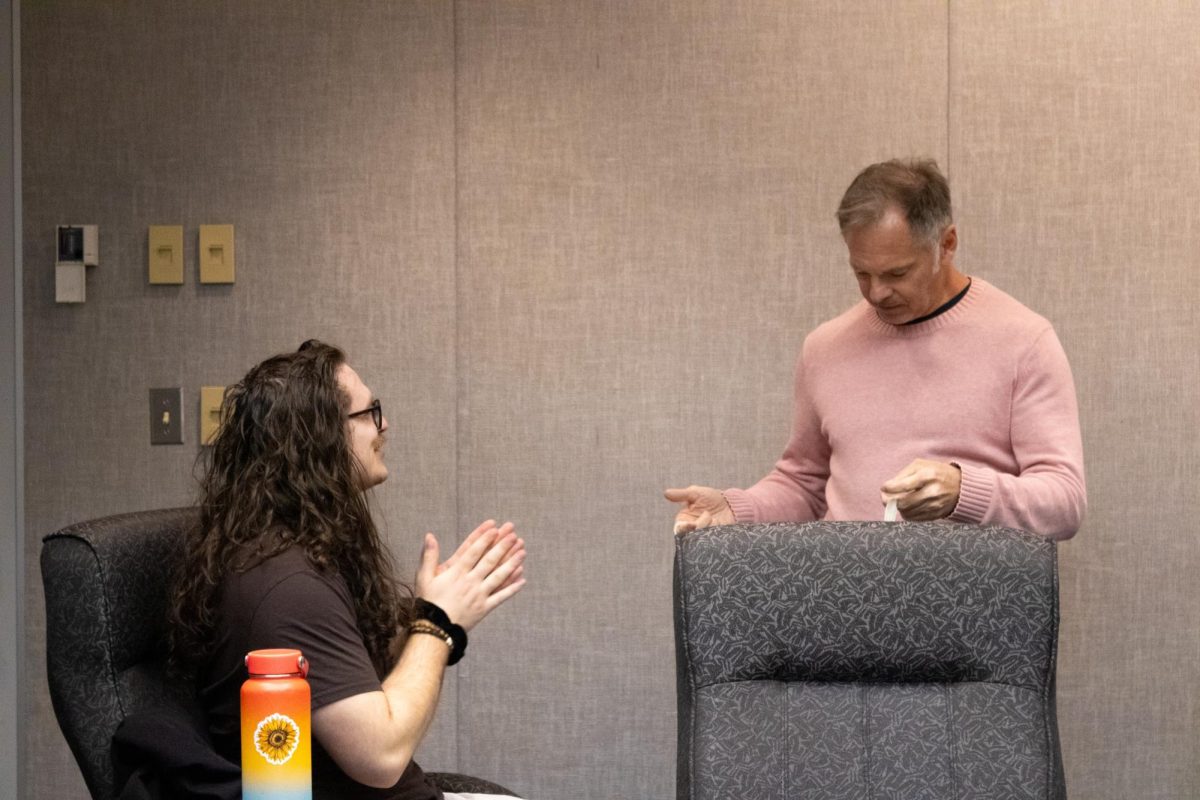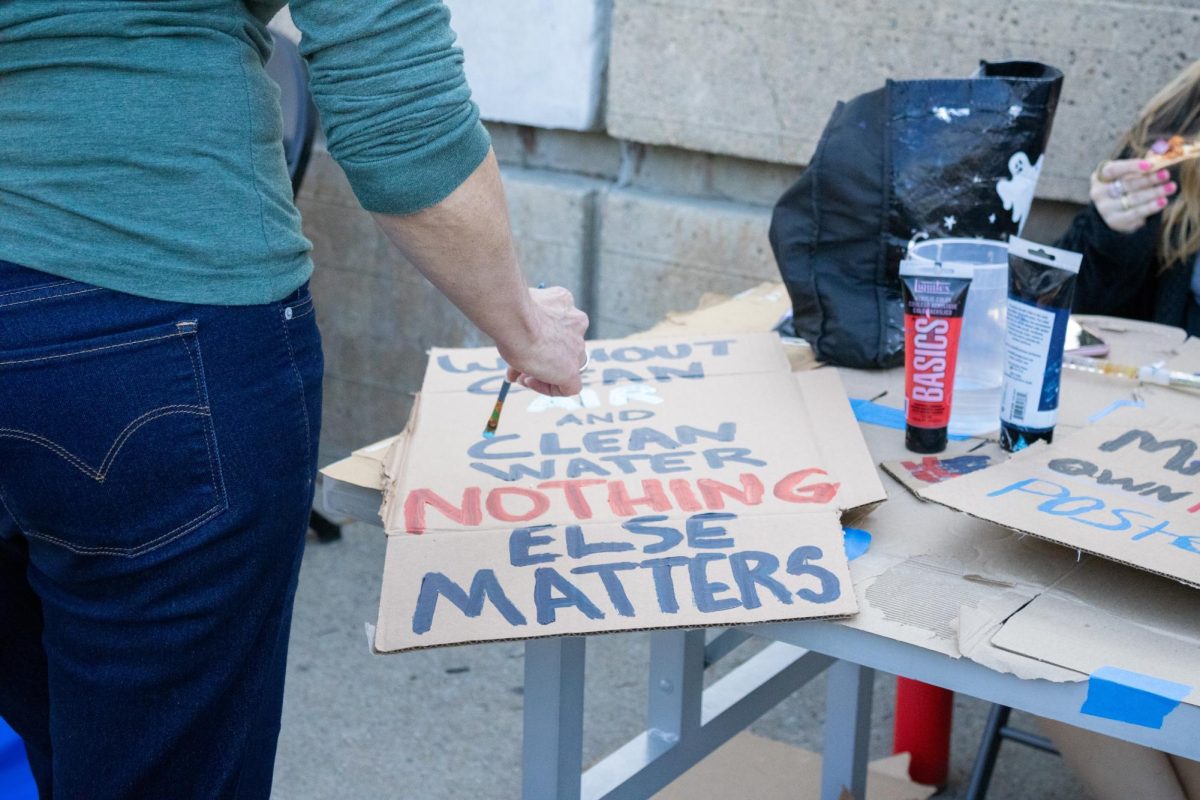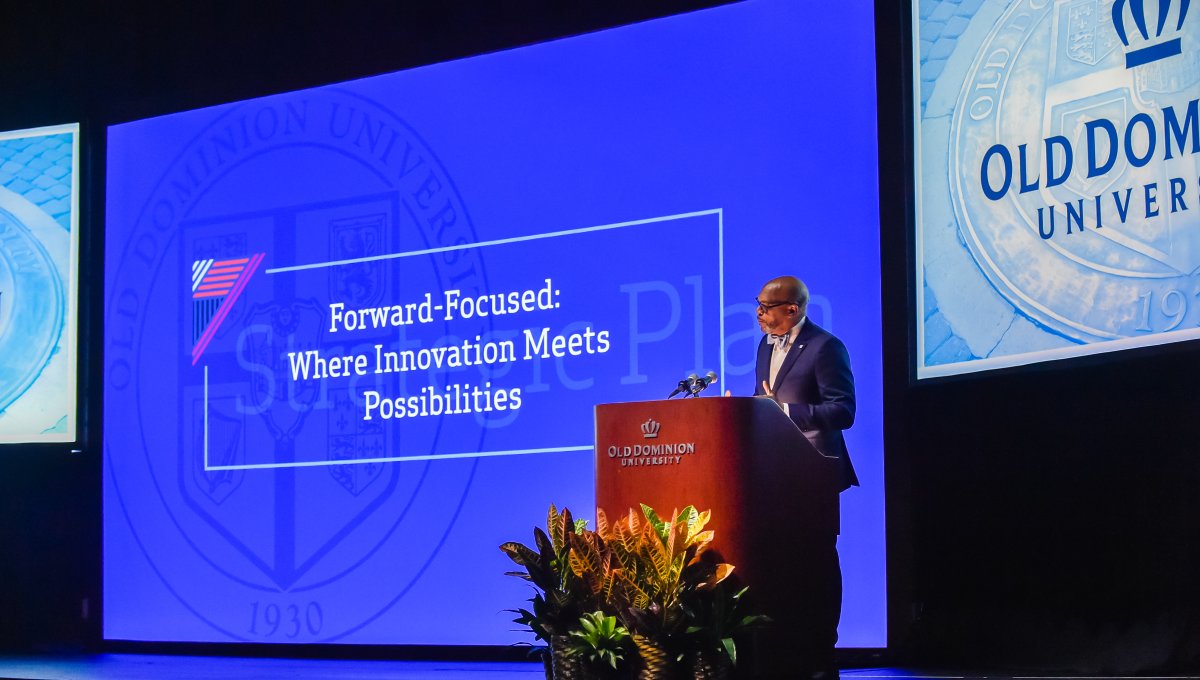(Some responses have been edited for clarity)
The Office of Educational Accessibility (OEA), located in room 1021 of the Student Success Center, provides disability services to ODU students to help ensure that all students can learn and grow together, regardless of any factors beyond their control.
The OEA’s reputation among students has always been especially positive. “Being registered with the OEA helped me transition from high school to college,” says one anonymous quote from the OEA site. “The office made it possible for me to mature into a self-proficient college student.”
But how does an office of less than a dozen full-time employees provide accommodations for an entire state school? What challenges are inherent in trying to accommodate the needs of so many different types of people?
Susan Nixon, a counselor and the coordinator of learning and programming at the OEA, pulled the curtain back to clarify what the OEA does for students and what it needs from ODU.
First, I’d like to ask what the greatest challenge of running the Office of Educational Accessibility is. Is there anything that the administration could do to help with this?
Susan Nixon: Administratively, I think the biggest challenge we have is a lack of space, a lack of enough full-time staff, and a limited budget to increase these two things. We need a larger testing room, including individual testing rooms for those students who require a separate room to take tests. We also need more private office space to accommodate new staff and graduate assistants. We moved into this space about 15 years ago, and our caseload of students has at least doubled since then. The administration could offer us a new location that would provide more space and increase our budget so we can hire more full-time staff and adequately meet the needs of the growing population of students we support.
Next, I’m curious as to whether or not student access to accommodations is increasing or remaining stagnant. Are more students applying for accommodations than ever, or are the numbers pretty consistent?
Nixon: The number of students applying for services and requesting accommodations rapidly increases.
What are some ways, if any, that the school could help increase access to accommodations for students?
Nixon: The students can access the accommodations by registering with our office for services. We are represented at open houses and orientations to help make students aware of our services. Professors who are not already doing so should include our services in their syllabi and encourage students to use our services. Administrators and faculty should make it a practice to be aware of our services, the ADA law, disability and its impact on students, and how students can get registered with our office to access accommodations. The issue is not access to the accommodations; it is disseminating information across the campus community to raise awareness of what we offer and how to request the services and accommodations.
Are there any unsung heroes of the accommodation process or at the Office of Educational Accessibility? How do you cope with managing so many students with such diverse backgrounds and needs?
Those of us who work in the OEA are not heroes. We are here to support students and work collaboratively as a team to meet the needs of all students who come through our doors, regardless of background. Students with disabilities are as diverse as any population of students, so we strive to give them equitable service without discrimination.
What’s one thing you would say to a student who’s on the fence about applying for accommodations?
Nixon: Students on the fence should first understand that their disability does not define who they are as a person, and there is no shame in requesting accommodation. They need to understand that accommodations are put in place to level the playing field and that their disability or the impact of their disability is not their fault or a choice. Also, they should know that all documentation and information they disclose to our office is confidential, that we don’t share this information with the professor or any other office, and that they are not required to disclose information except to our office. We merely provide a list of accommodations.




















